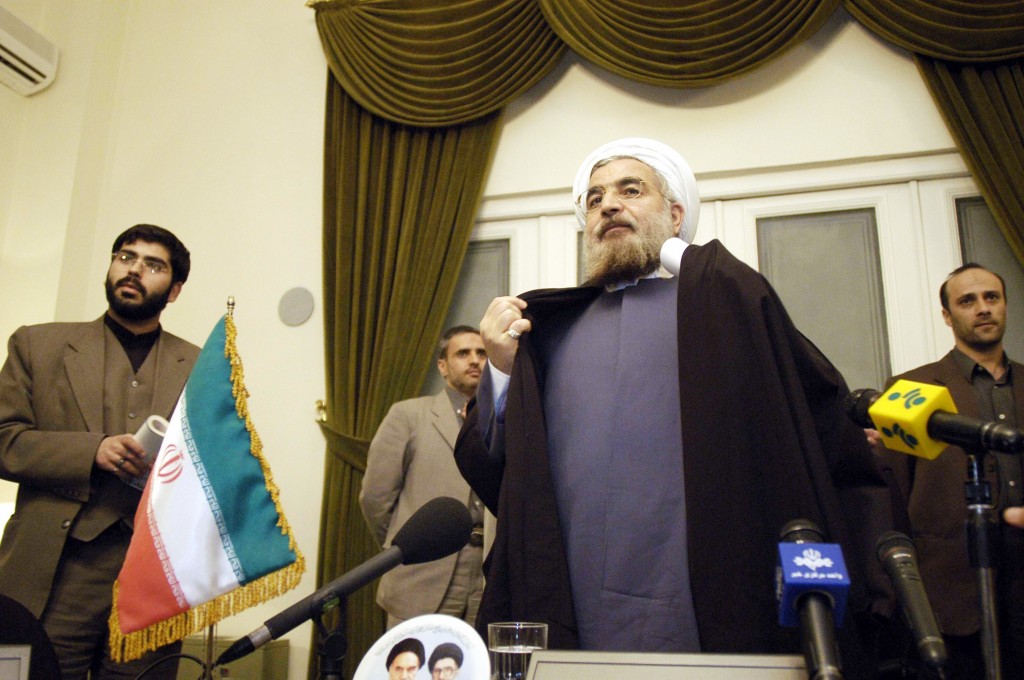The House passed the 2013 Nuclear Iran Prevention Act by a 400-20 vote facilitating broader economic sanctions and increased oversight for enforcing existing Iran sanctions.
On July 31, 2013, the House of Representatives passed the 2013 Nuclear Iran Prevention Act (H.R. 850) aimed to impose tougher sanctions against Iran’s petroleum sector and other industries, in order to disrupt its disputed nuclear program. The bill, introduced by Reps. Ed Royce (R-CA) and Eliot Engel (D-NY), passed the House by a vote of 400-20. The approval came days before the August 4-inauguration of Hassan Rouhani as Iran’s next President.
The legislation would broaden economic sanctions, strengthen human rights sanctions, and intensify oversight of implementation of existing Iran sanctions. It would expand the list of Iran’s blacklisted economic sectors to cover mining, automotive and construction sectors. Currently, the list includes energy, shipping, and shipbuilding. The legislation would prevent Iran’s access to foreign-currency markets and implement shipping sanctions to impede Iran’s participation in international commerce.
The legislation would revise the exception of sanctions imposed for purchase of Iranian petroleum. Significantly, it would force countries currently purchasing Iranian crude oil to reduce their combined purchase by one million barrels per day within one year. The reduction would continue to curtail Iran’s oil export revenue that has been used to fund its nuclear program and terrorist activities. Asian countries, including China and India, are important buyers of Iranian oil. The legislation also includes provisions to penalize foreign entities that engage in significant commercial trade with Iran.
According to the Energy Information Administration, in 2012 Iran’s crude oil exports dropped to their lowest level since 1986, due to tight oil sanctions. Iran’s oil export revenue dropped from $95 billion in 2011 to $69 billion in 2012. Despite cooperation from U.S. allies, concerns of several nations over managing without Iranian supplies impeded full enforcement of 2012 Iran sanctions to restrict Iran’s oil exports. The House action would intensify the economic isolation of Iran and aim to diminish its nuclear program.


